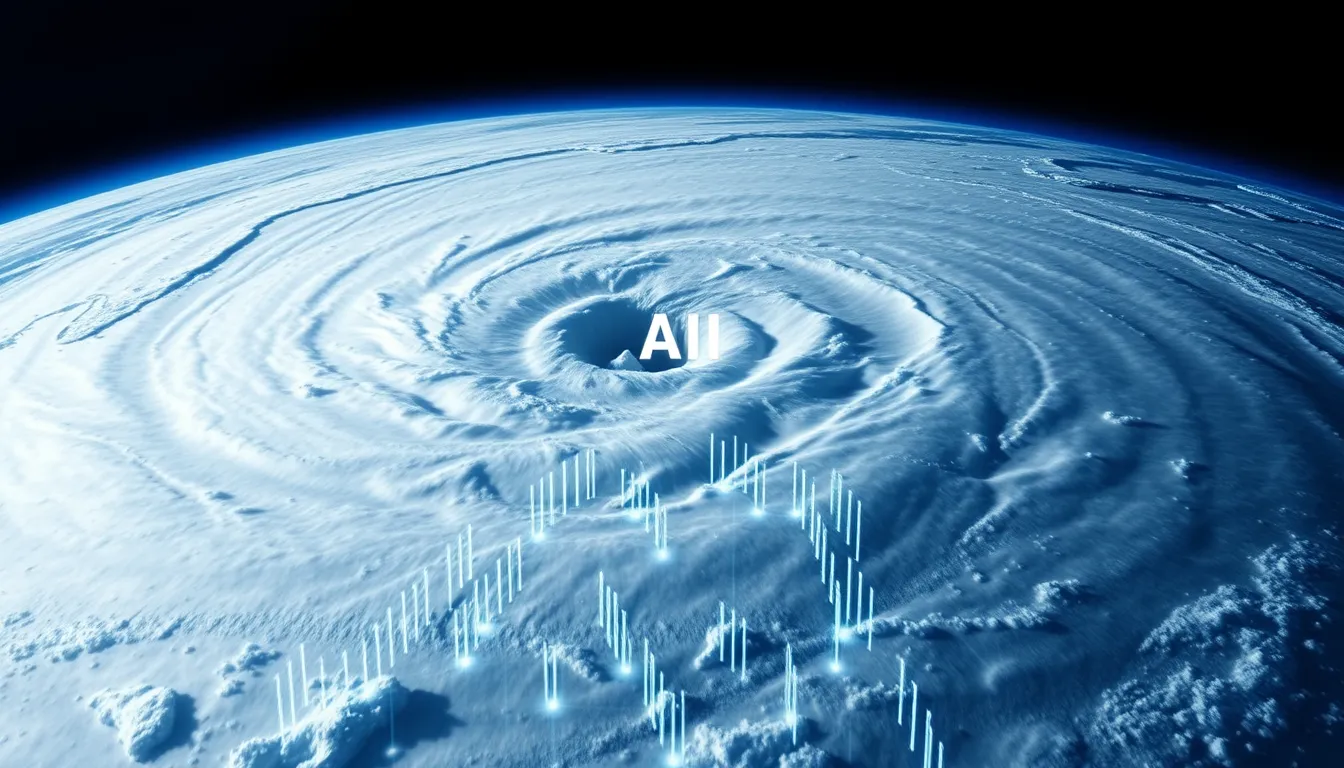Now Reading: Powerful AI in Healthcare Diagnostics: Boosting Patient Care
-
01
Powerful AI in Healthcare Diagnostics: Boosting Patient Care
Powerful AI in Healthcare Diagnostics: Boosting Patient Care

Powerful AI in Healthcare Diagnostics: Boosting Patient Care
The integration of artificial intelligence into healthcare has become a game changer in modern medicine. With the reliable innovations in AI technology, hospitals and clinics now embrace AI in healthcare diagnostics to enhance diagnostic accuracy, streamline workflows, and ultimately improve patient outcomes. In this article, we will explore how these revolutionary tools work, the benefits they provide, and the challenges that still need to be addressed.
The Evolution of AI in Healthcare
Over the past decade, advancements in AI technology have transformed various aspects of medical practice. One particularly exciting development is AI in healthcare diagnostics, a field that utilizes deep learning algorithms and vast amounts of data to assist in accurate patient assessments. The AI system can review medical imaging, flag potential abnormalities, and sometimes even predict disease progression before it becomes clinically evident.
In addition, hospitals are integrating AI tools to help medical professionals make informed decisions. For instance, major technology companies like Microsoft have explored AI applications in healthcare, and you can learn more about their initiatives on the official Microsoft website.
Benefits of AI in Healthcare Diagnostics
The adoption of AI in healthcare diagnostics provides numerous benefits that not only enhance the diagnostic process but also improve overall patient care. Key advantages include:
- Improved Diagnostic Accuracy: AI systems analyze complex medical images and data, which can reduce human error and increase the reliability of diagnoses. This precision is particularly important in detecting early signs of diseases.
- Increased Efficiency: AI can process large volumes of data rapidly. This means faster turnaround times for test results and more efficient allocation of medical resources.
- Personalized Treatment: With insights derived from AI, clinicians can develop more personalized treatment plans, aligning the best intervention strategies with the patient’s specific health profile.
- Enhanced Disease Prediction: Some AI tools are designed to predict disease outbreaks and patient susceptibility by analyzing historical trends and emerging data patterns.
How AI Improves Diagnostic Accuracy
AI applications in medical settings are not just about efficiency—they play a crucial role in enhancing diagnostic precision. By incorporating AI in healthcare diagnostics, medical professionals are better equipped to detect conditions at an early stage. For example, AI algorithms can thoroughly analyze imaging studies such as MRIs or CT scans, helping to identify patterns that might be too subtle for the human eye. This advanced analysis is critical in areas like oncology or cardiology.
A few points to consider on how AI enhances diagnostic accuracy include:
- Consistency in Analysis: Unlike human practitioners, AI systems do not experience fatigue. This ensures a consistent evaluation process, reducing variability in diagnostic outcomes.
- Data-Driven Insights: By leveraging large datasets, AI can identify nuanced patterns in patient data. These insights can lead to earlier detection of conditions that might have otherwise been overlooked.
- Collaborative Decision-Making: AI tools work best when integrated into a collaborative framework with clinicians, offering second opinions and flagging potential issues for further review.
Challenges in Implementing AI Technology
Despite its promising capabilities, the journey of incorporating AI in healthcare diagnostics is not without challenges. Some of the primary concerns include:
- Data Privacy: Patient data must be handled with utmost care. Ensuring data privacy while making use of large datasets can pose logistical and ethical challenges.
- Regulatory Approvals: AI diagnostic tools must pass through strict regulatory guidelines. Bodies such as the U.S. Food and Drug Administration (FDA) continuously evaluate these systems, ensuring that they meet safety standards. For more detailed information, visit the FDA official site.
- Integration with Existing Systems: Many healthcare providers face difficulties integrating new AI tools into legacy systems. This transition requires significant investment in both time and training.
The Future Outlook of AI in Healthcare Diagnostics
Looking ahead, the future of AI in healthcare diagnostics is both promising and dynamic. With continuous advancements in machine learning, medical imaging, and data analytics, the potential of AI to redefine patient care is immense. Some anticipated developments include:
- Expansion in Predictive Analytics: Future AI tools are expected to focus more on predictive analytics, allowing for preventive healthcare strategies that preempt the progression of diseases.
- Deeper Integration in Routine Care: As technology becomes more accessible, even smaller clinics may begin to adopt AI-driven diagnostic tools, democratizing high-quality medical care.
- Collaborative Ecosystems: Partnerships between tech giants and healthcare institutions will likely foster more robust and secure AI systems.
In conclusion, the role of AI in healthcare diagnostics is undoubtedly transformative. This technology not only assists in enhancing diagnostic accuracy and accelerating the review of medical images but also plays a crucial role in personalized treatment planning and disease prediction. While challenges such as data privacy and system integration remain, the industry’s commitment to innovation leads us to a future where AI continues to drive groundbreaking improvements in patient care.
By embracing the potential of AI in healthcare diagnostics, medical professionals are setting new standards for excellence in patient outcomes. As research and technological developments advance, the intersection of AI and healthcare is poised to overcome current hurdles, opening up new possibilities in the ever-evolving landscape of modern medicine.
Overall, harnessing the power of AI creates a paradigm shift in the medical field—a shift that promises more accurate diagnoses, efficient patient care, and ultimately, a healthier future for all.

























